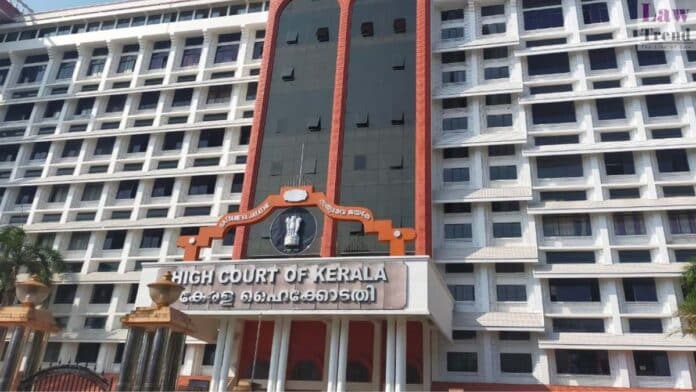The Kerala High Court has asked the state government to clarify its stance on the enactment of a law to curb black magic and sorcery, following its earlier submission that such legislation was under consideration.
A Division Bench comprising Chief Justice Nitin Jamdar and Justice Basant Balaji issued the directive on June 3 while hearing a public interest litigation filed by the Kerala Yukthivadi Sangham. The court directed the state to submit an affidavit detailing whether it still intends to move forward with the proposed legislation and posted the matter for further hearing on June 24.
The petition, originally filed in 2022, gained prominence in the aftermath of a gruesome human sacrifice case in Pathanamthitta district, where two women were killed as part of a ritual allegedly performed by three individuals, including a couple.
In its plea, the Kerala Yukthivadi Sangham had relied on the recommendations of the Kerala Law Reforms Commission, chaired by retired Supreme Court judge Justice K.T. Thomas. The Commission had, in 2019, proposed a draft legislation titled The Kerala Prevention and Eradication of Inhuman Evil Practices, Sorcery and Black Magic Bill, aimed at addressing harmful superstitious practices under evolving social conditions.
The court had initially dismissed the petition in June 2023 due to non-appearance by the petitioner. However, the matter was later restored and is now under active consideration.
The petitioner has also drawn attention to similar laws already enacted in Maharashtra and Karnataka, urging Kerala to follow suit. It has further sought a declaration that films, serials, and OTT content promoting superstitions — excluding those with artistic value or good intent — be declared illegal.
The case raises broader questions about the state’s role in legislating against exploitative religious and occult practices, especially in light of increasing incidents linked to such beliefs.




